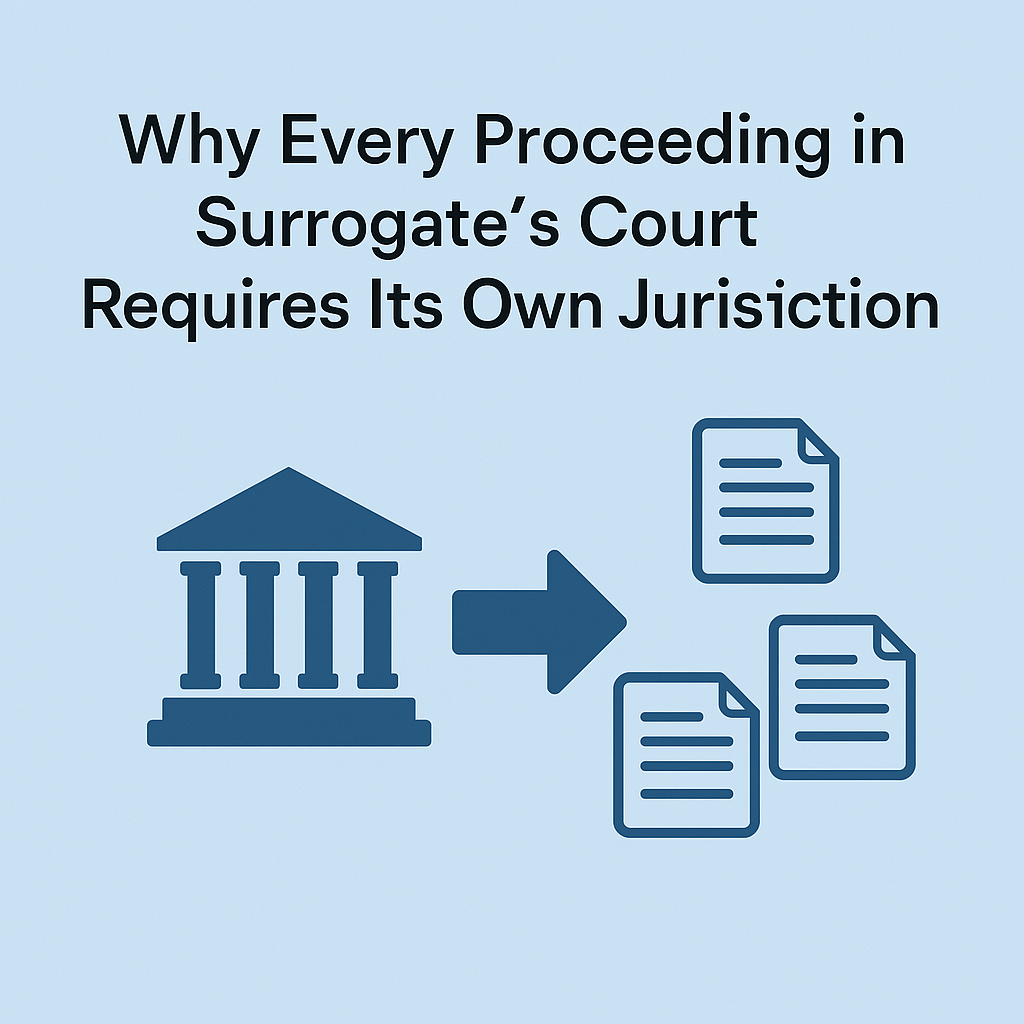Reducing taxes is different from avoiding taxes.
Taxpayers can minimize taxes legally by taking full advantage of the rules (such as claiming deductions) or loopholes (such as intentionally defective grantor trusts).
Legally reducing taxes is very different from using illegal schemes to avoid taxes. The IRS maintains a list off tax scams that taxpayer need to avoid: https://www.irs.gov/newsroom/tax-scamsconsumer-alerts
In contrast to tax scams, as the following quote shows, minimizing taxes is "natural" and legal:[1]
Since the enactment of income taxes, taxpayers have sought to reduce tax burdens. It seems as natural as breathing. Long ago, the legendary Judge Learned Hand of the United States Second Circuit Court of Appeals noted “that there is nothing sinister in so arranging one’s affairs as to keep taxes as low as possible. . . . [F]or nobody owes any public duty to pay more [taxes] than the law demands. . . .”(n1)
n1: Commissioner v. Newman, 159 F.2d 848, 850–51 (2d Cir. 1947) (Hand, J., dissenting). Similarly, Judge Hand, in Helvering v. Gregory, 69 F.2d 809, 810 (2d Cir. 1934), on behalf of the court, said: “Any one may so arrange his affairs that his taxes shall be as low as possible; he is not bound to choose that pattern which will best pay the Treasury; there is not even a patriotic duty to increase one’s taxes.” (citing United States v. Isham, 84 U.S. (17 Wall.) 496, 506 (1873); Bullen v. Wisconsin, 240 U.S. 625, 630 (1916)).
In conclusion, while minimizing taxes is legal and natural, taxpayers must always avoid illegal tax schemes. It is essential to keep in mind that taxpayers have no obligation to pay more taxes than what the law demands. By taking full advantage of the tax rules and regulations, taxpayers can legally reduce their tax burden.
By visiting willstrustsestates.info, you're taking the first step towards gaining the knowledge and tools necessary to make informed decisions about your taxes. Don't miss out on our exclusive subscriber-only content -- subscribe now with a paid membership to support this website and empower yourself with the latest insights and information.
Hani Sarji
New York lawyer who cares about people, is fascinated by technology, and is writing his next book, Estate of Confusion: New York.





Leave a Comment